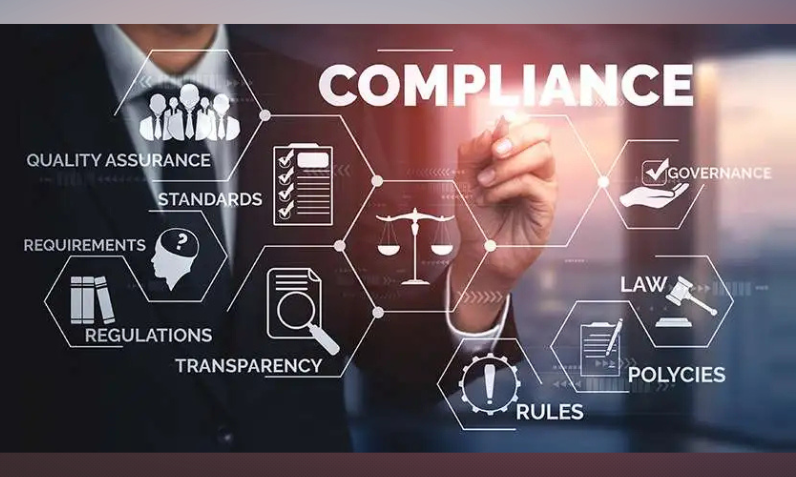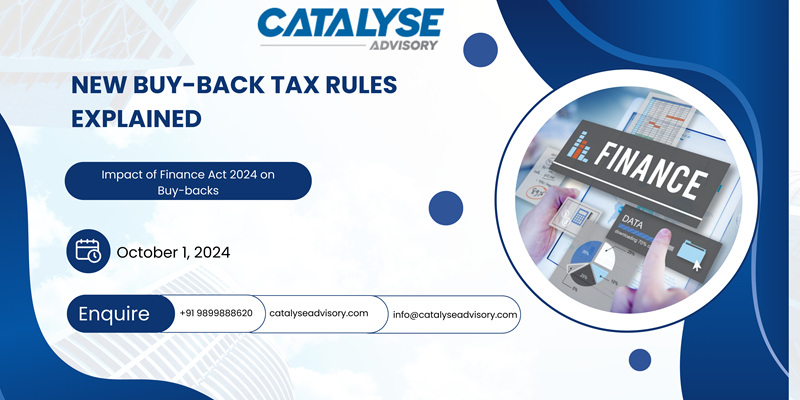
The digital economy has witnessed unprecedented growth in India, driven by advancements in technology and increasing internet penetration. This growth has also brought forth new challenges and complexities for businesses operating in the digital realm. One of the most significant issues is taxation. The traditional tax systems, designed for physical businesses, often need help to capture the economic activities of digital enterprises. This article aims to delve into the taxation challenges faced by digital businesses in India and provide actionable insights for entrepreneurs to navigate this complex landscape effectively.
Understanding the Challenges
- Cross-Border Transactions: Digital businesses often engage in cross-border transactions, making it difficult to determine the appropriate jurisdiction for taxation. The physical presence requirement, traditionally used for tax purposes, may not be applicable in the digital context.
- The Rise of the Gig Economy: The gig economy has gained significant traction in India, with a growing number of freelancers and independent contractors. Taxing these individuals and the platforms they operate on presents unique challenges due to their flexible work arrangements.
- Digital Products and Services: The intangible nature of digital products and services makes it challenging to establish a clear tax nexus. Determining the place of supply and the appropriate tax rate can be complex.
- Data Localization Requirements: Some countries, including India, have introduced data localization regulations, requiring businesses to store and process user data within their borders. This can have implications for tax residency and the taxation of cross-border data flows.
- Transfer Pricing: Transfer pricing, the pricing of transactions between related entities, becomes more complex in the digital economy due to the intangible nature of digital assets. Ensuring that transfer pricing arrangements comply with arm’s length principles is crucial to avoid tax disputes.
Recent Developments and Policy Initiatives
The Indian government has taken significant steps to address the taxation challenges faced by digital businesses. Some of the key developments include:
- Equalization Levy: Introduced in 2016, the equalization levy imposes a 6% tax on certain digital advertising services provided by non-resident entities to Indian users.
- GST on Digital Services: The Goods and Services Tax (GST) has been extended to cover certain digital services, including online information and database access or retrieval services.
- OECD’s Pillar One and Pillar Two: India is a signatory to the OECD’s Base Erosion and Profit Shifting (BEPS) project, which has developed two pillars to address the tax challenges posed by the digital economy. Pillar One aims to reallocate taxing rights to the market jurisdiction, while Pillar Two introduces a global minimum corporate tax rate.
Navigating the Tax Landscape: Best Practices for Digital Businesses
- Stay Updated on Tax Regulations: Keep abreast of the latest tax regulations and policy changes affecting digital businesses in India. Subscribe to tax newsletters, follow industry experts, and consult with tax professionals.
- Conduct a Thorough Tax Assessment: Assess your business’s digital activities and identify potential tax implications. Consider factors such as the nature of your products or services, cross-border transactions, and data localization requirements.
- Implement Robust Tax Compliance Practices: Establish effective tax compliance procedures to ensure accurate reporting and timely payment of taxes. Maintain detailed records of transactions, invoices, and supporting documentation.
- Seek Professional Tax Advice: Consult with experienced tax professionals who specialize in the digital economy. They can provide tailored advice, help you navigate complex tax regulations, and represent you in case of tax audits or disputes.
- Consider Transfer Pricing Documentation: If your business engages in cross-border transactions with related entities, prepare comprehensive transfer pricing documentation to demonstrate that the transactions are at arm’s length.
- Explore Tax Incentives and Benefits: Research any available tax incentives or benefits that may apply to your digital business, such as startup exemptions or research and development credits.
Conclusion
The taxation of digital businesses in India presents unique challenges due to the cross-border nature of their operations and the intangible nature of their products and services. By understanding the key challenges and staying informed about the latest tax regulations, businesses can navigate this complex landscape effectively and ensure compliance with tax laws. Seeking professional tax advice and implementing robust tax compliance practices are essential for digital enterprises operating in India.







